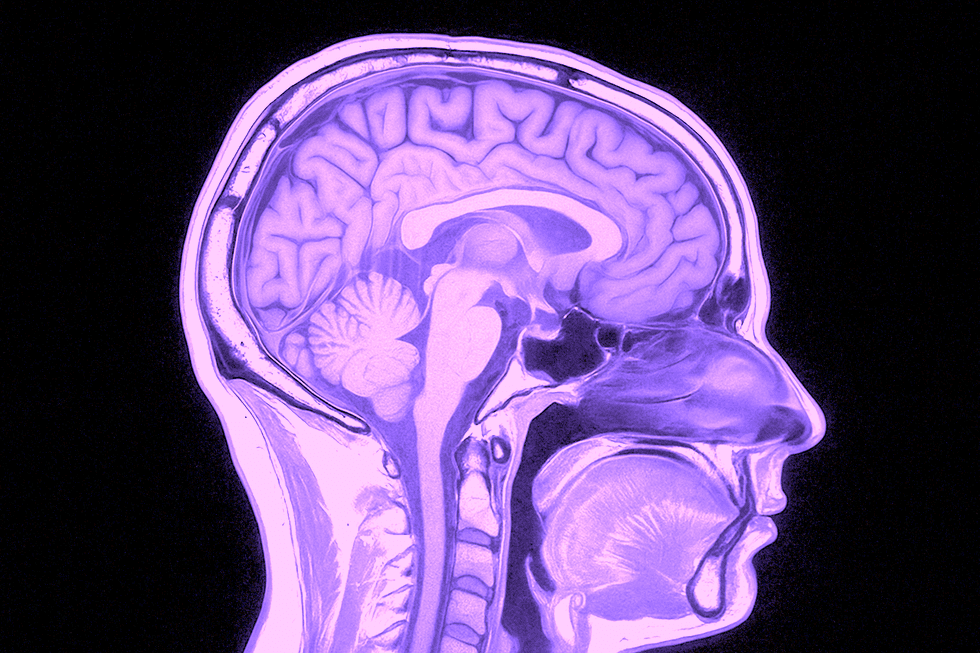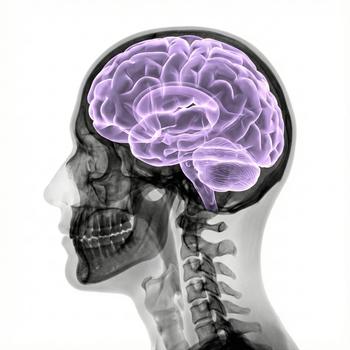Quick version
An MRI scan of the brain is a painless, radiation-free and very detailed way to see how the brain is doing. It is used both to investigate symptoms such as headaches or memory problems, and to rule out serious conditions such as tumors or bleeding.
More and more people are choosing to have an MRI brain scan for preventive purposes – to gain insight into their brain health before any problems arise. This may be particularly relevant if you have a family history of neurological diseases, have had a head injury or are experiencing diffuse symptoms.
It is important to know that MRI sometimes shows small, harmless changes, so-called incidentalomas, which do not require treatment but can still cause unnecessary concern. Therefore, it is important to always have your images interpreted by an experienced doctor who can provide clear feedback. We collaborate with Unilabs and offer short waiting times and safe medical follow-up both before and after your examination.
What can actually be detected through an MRI scan of the brain? And what should you consider if you're thinking about doing it preventively, even without any clear symptoms?
What does a brain MRI show?
A brain MRI (Magnetic Resonance Imaging) is a modern, non-invasive, and radiation-free imaging method that provides highly detailed images of the brain. It uses a strong magnetic field and radio waves to capture soft tissue structures in the brain—revealing abnormalities that are often not visible on standard X-rays or CT scans. Best of all, the procedure is completely painless and involves no exposure to ionizing radiation.
The findings from a brain MRI depend on the reason for the scan. Often, the goal is to investigate ongoing symptoms, but the scan can also help rule out more serious conditions. Some common clinical reasons for a brain MRI include:
- Symptom investigation: For example, persistent headaches, dizziness, visual disturbances, seizures, or unexplained memory issues.
- Excluding serious conditions: Such as brain tumors, bleeding, blood clots, or vascular malformations—findings that may be critical to detect early.
- Assessing age-related changes: In suspected neurodegenerative conditions like dementia or cognitive decline.
- Identifying treatable conditions: Such as subdural hematomas (bleeding between the brain membranes) or hydrocephalus (fluid accumulation), where early intervention can be beneficial.
In short, a brain MRI provides a clear visual overview of the brain’s structure—and in many cases, the most reassuring result is when no abnormalities are found. For many patients, this alone offers significant peace of mind. It's also important to understand that brain MRIs are not only about detecting dangerous findings. They are just as valuable for ruling out serious disease, which in itself can reduce anxiety and uncertainty.
Brain MRI as a preventive measure – a growing trend
An increasing number of individuals are choosing to undergo a brain MRI even without specific symptoms—as part of a proactive health check. The goal is often to gain insight into their neurological health, detect early changes, or simply feel more in control. This aligns with a growing movement in preventive healthcare, where people actively take steps to assess and manage their health before problems arise. A preventive brain MRI can be particularly relevant if you:
- Have a family history of neurological conditions
- Have previously experienced head trauma
- Are dealing with vague but worrying symptoms
- Want a comprehensive picture of your brain health
Incidental findings and psychological impact
It's helpful to be aware that brain MRIs sometimes reveal small, unexpected changes—so-called incidental findings or incidentalomas. While the term may sound alarming, these are usually benign and require no treatment. In fact, such findings are fairly common, especially when scanning individuals who have no symptoms.
Typical examples of incidental, harmless findings include:
- Small fluid-filled cysts
- Minor vascular anomalies that are non-threatening
- White matter changes or calcifications related to normal aging
Although these findings are medically insignificant in most cases, they can still cause worry—especially for individuals unfamiliar with medical terminology. It’s entirely natural to feel uneasy when something is described as "abnormal," even if it poses no risk.
That’s why it’s crucial that all MRI results are interpreted by an experienced physician who can place the findings in proper clinical context, provide clear explanations, and help avoid unnecessary anxiety or misunderstandings.
Part of a broader health strategy
A brain MRI should not be viewed as an isolated procedure—but rather as part of a broader health assessment. Just like blood tests or physical exams, it can provide valuable insight into your current health status.
Whether something is discovered or not, MRI can be a helpful tool for understanding your brain and body better. And if a treatable condition is detected early, timely action can make all the difference.
Interested in learning more or booking a scan?
In collaboration with Unilabs Radiology, we offer a wide range of MRI services, including brain MRI, as part of our expanding diagnostic network. We ensure excellent availability and send a referral immediately to minimize waiting times.
You will also receive personal medical support from a licensed physician—both before your scan and afterward, to walk you through your results in a clear and reassuring way.























